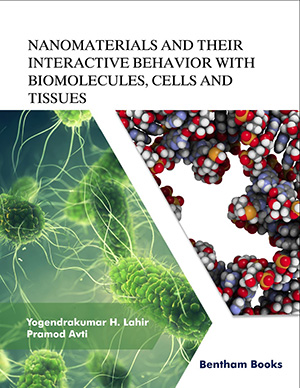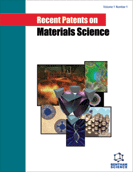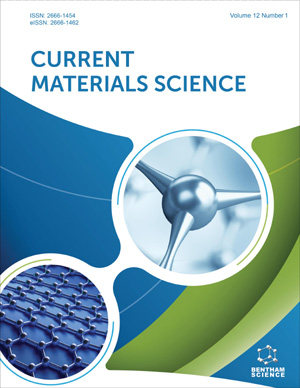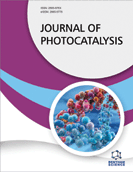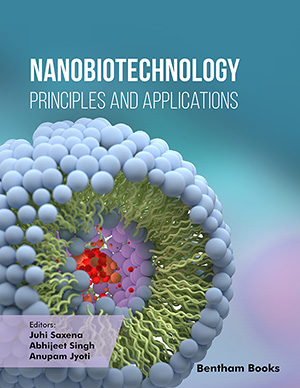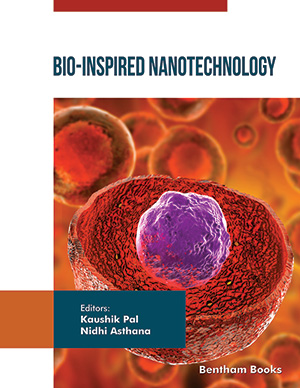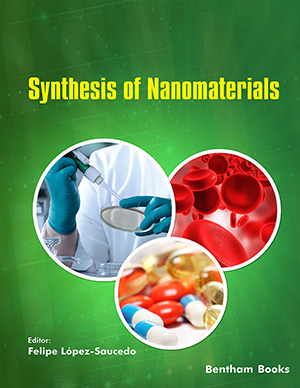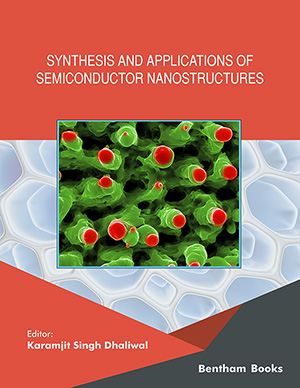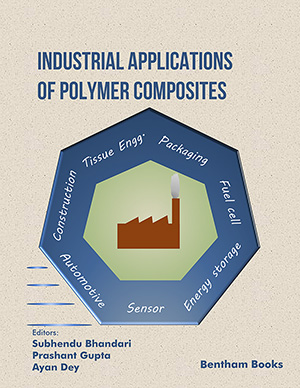Abstract
Advancements in the nanoscience, nanotechnology and material science involve the principles of fundamental physical, chemical, and biological sciences. These scientific advancements have opened a vast horizon for understanding the mechanisms of the physiology of life and the environment. This progress has also provided suitable materials and appropriate methodology concerning the developments. Nanomaterials are the bridge between the atomic and molecular and bulk form of matter. These nanoscaled materials are modified, fabricated, and reach most of the biological targets in life forms. As a result, these become useful materials for applications in medical sciences, industrial processes, health care, and home security. The biological components, such as cells and tissues in the biosystem and nanomaterials, interact amicably with restrictions concerning their physicochemical features. Nanomaterials exhibit biocompatibility and bioavailability within the physiological environment. This ability is the primary basis of their applications in almost every sphere of investigation, diagnosis, and treatment of ailments. Enzyme technology, DNA and RNA technology, tissue engineering, military, and communications, energy, and many industrial processes are the fields where different nanomaterials are useful and provide beneficial and desired results. In this chapter, various potential application based interactions related to medical sciences, biomolecular investigations, biotechnology, genetic engineering, tissue engineering, environmental aspects, military, etc., have been envisaged.
Keywords: Antibacterial nanomaterials, Antifungal nanomaterials, Antiviral nanomaterials, Bladder and cartilage implants, Drug delivery, Nanomaterials and defense, Nanomaterials as biocomposites, nanomaterials as neural, nanotechnology, Nanomaterials for tissue culture, Vascular tracheal implants


